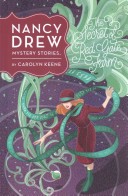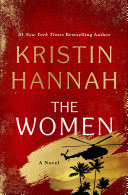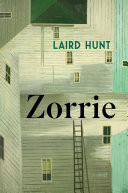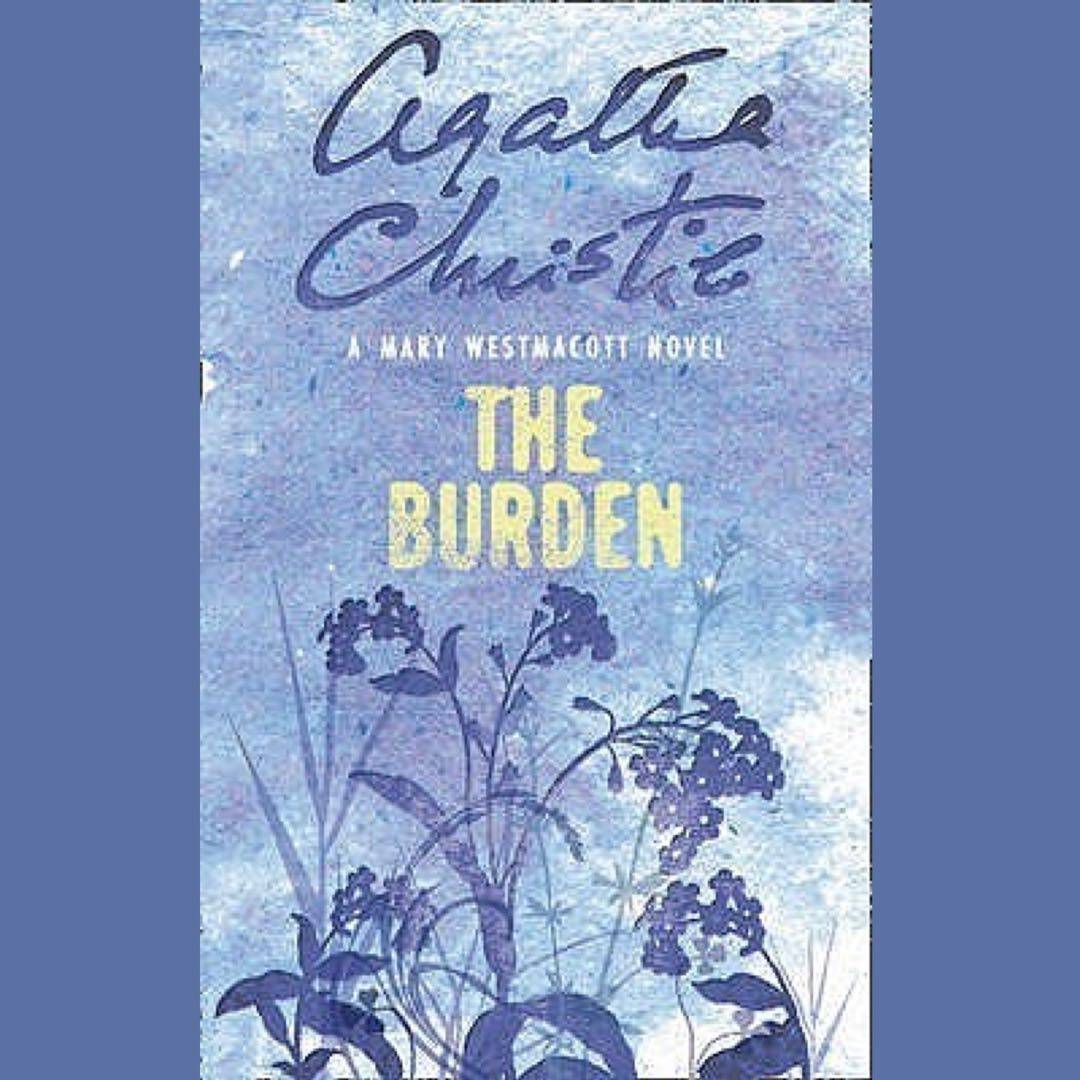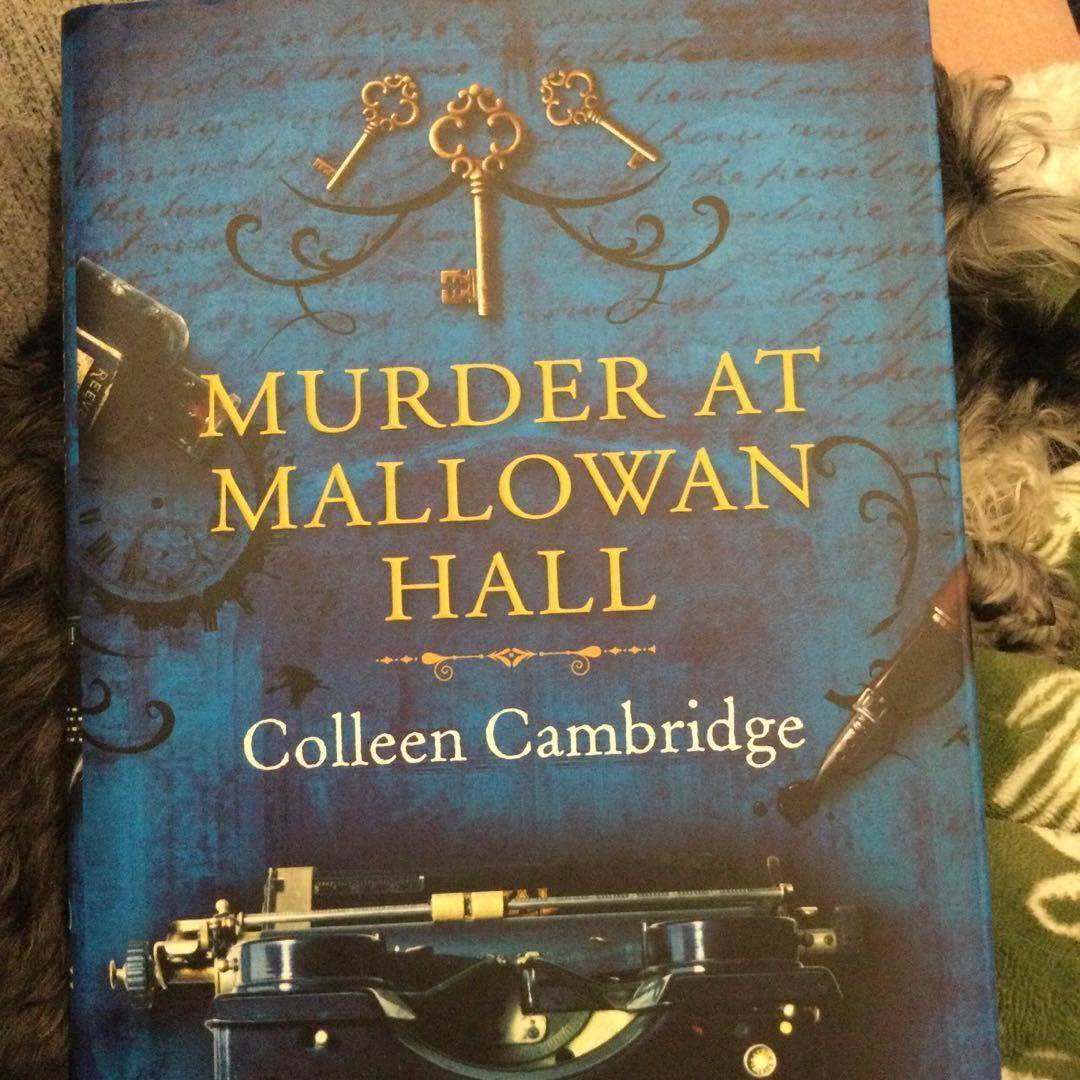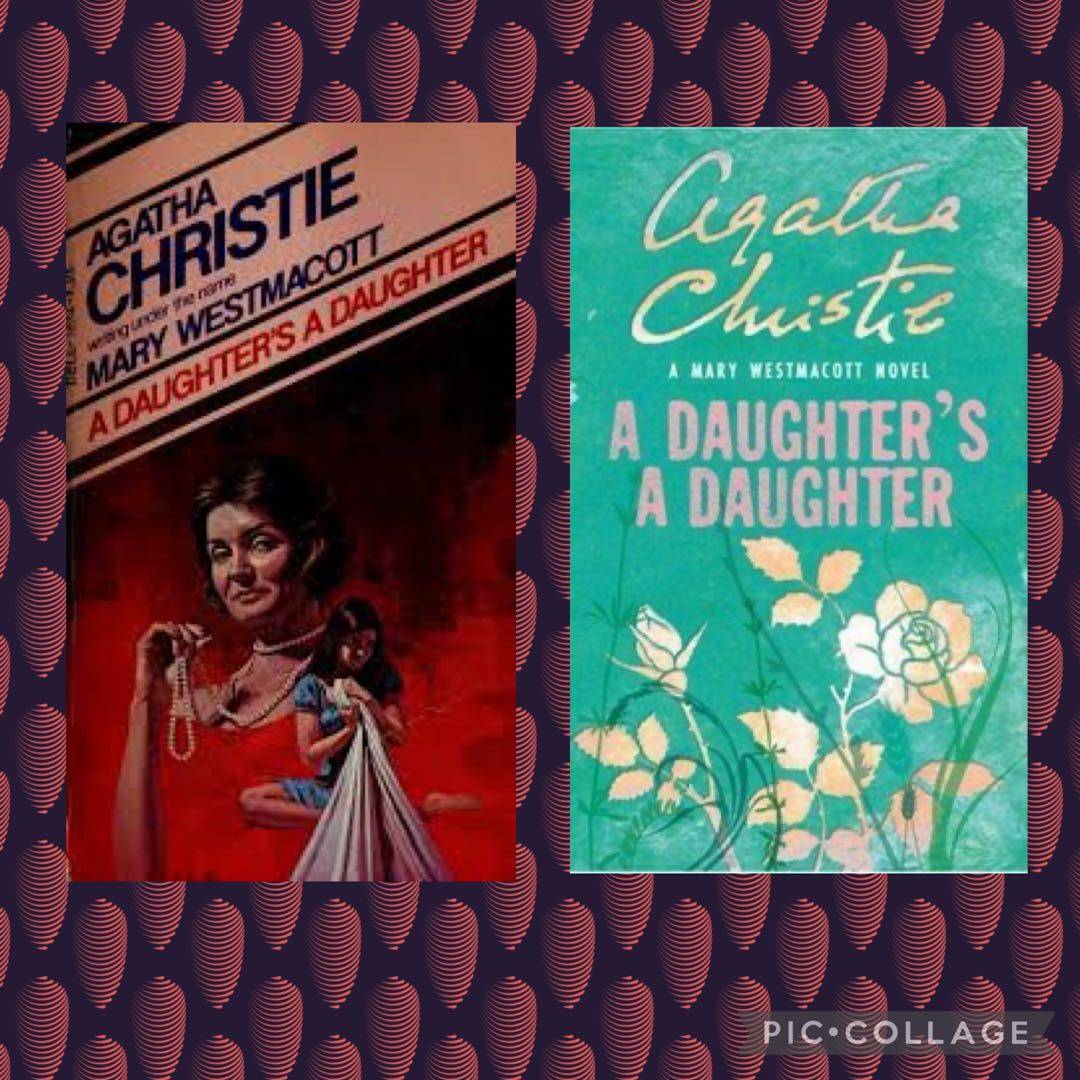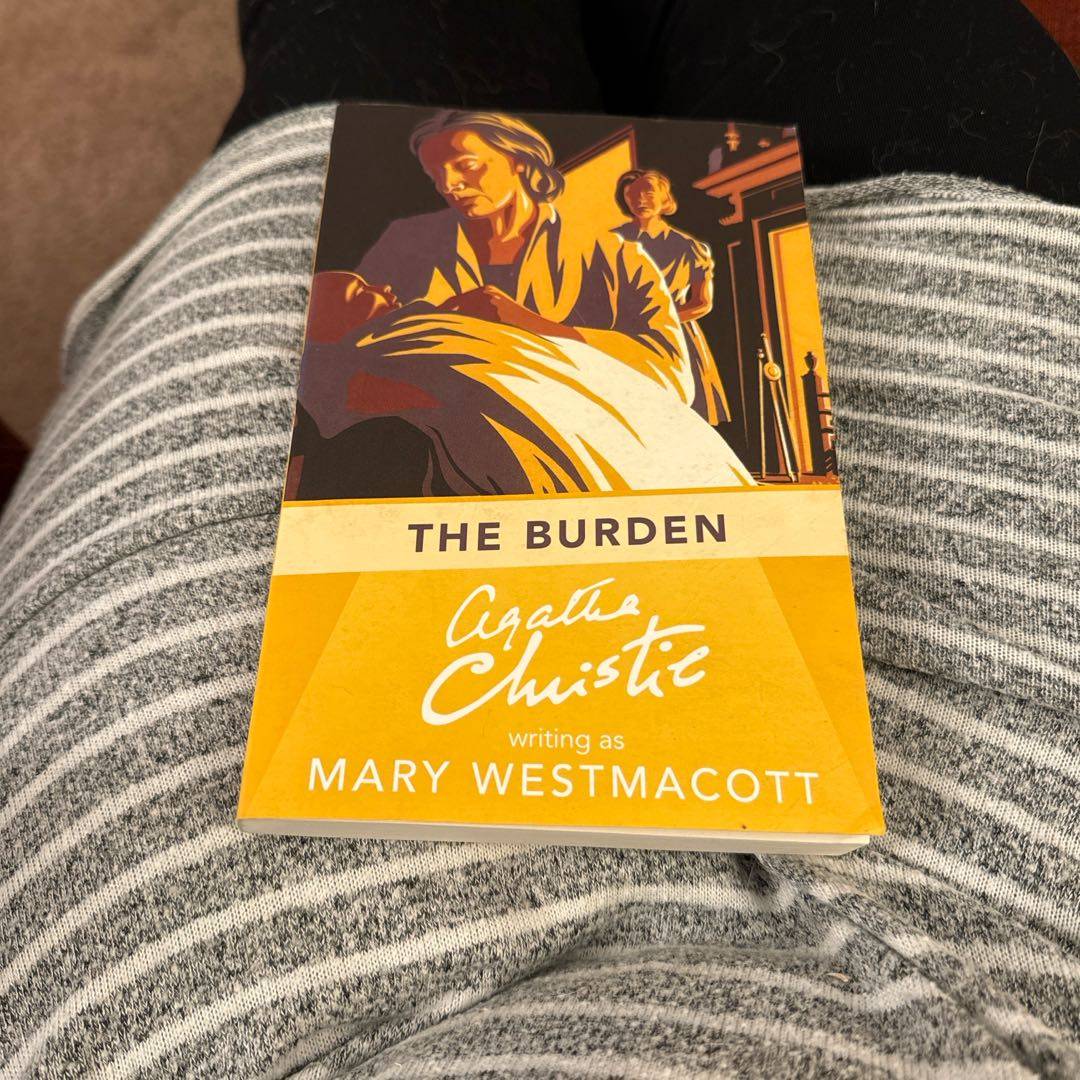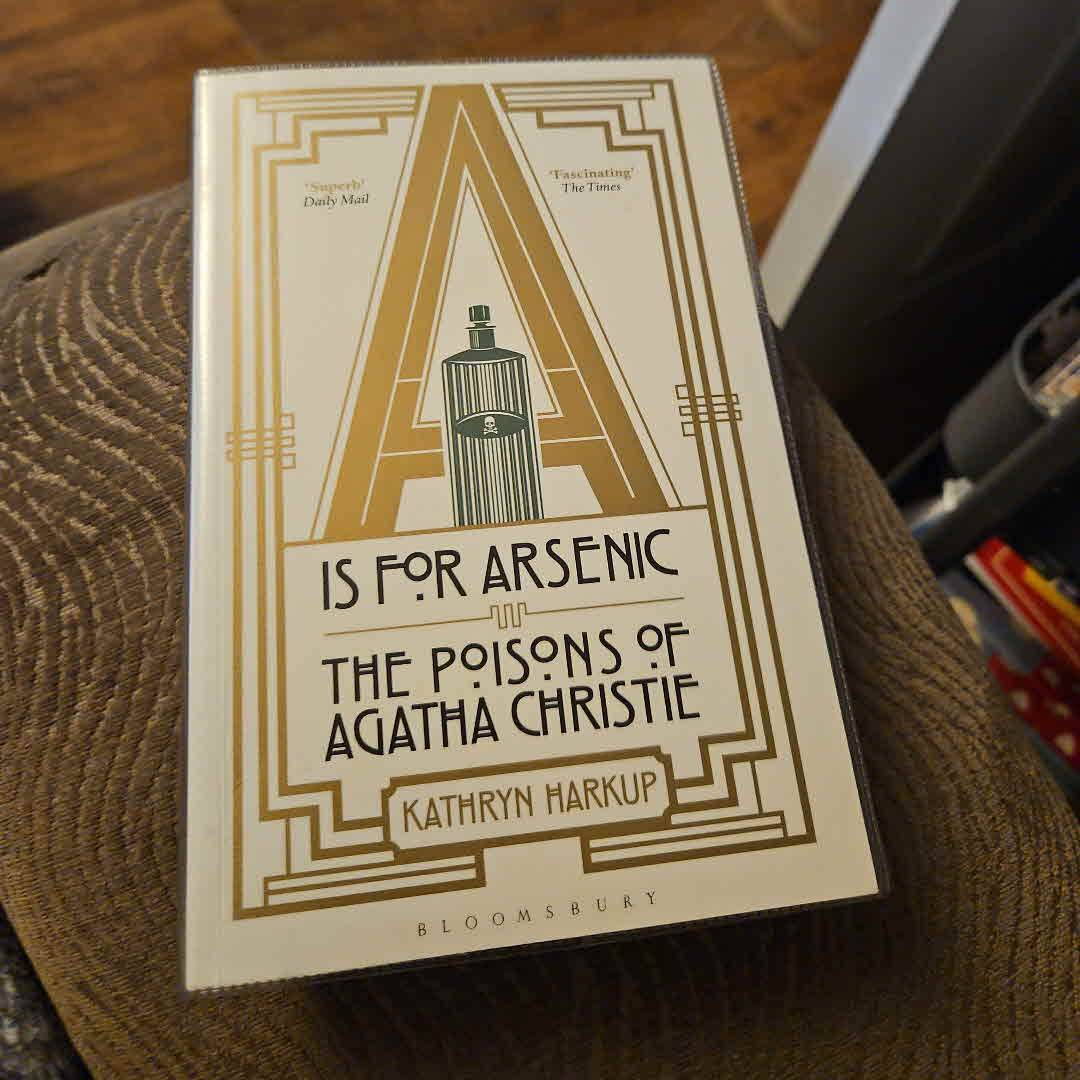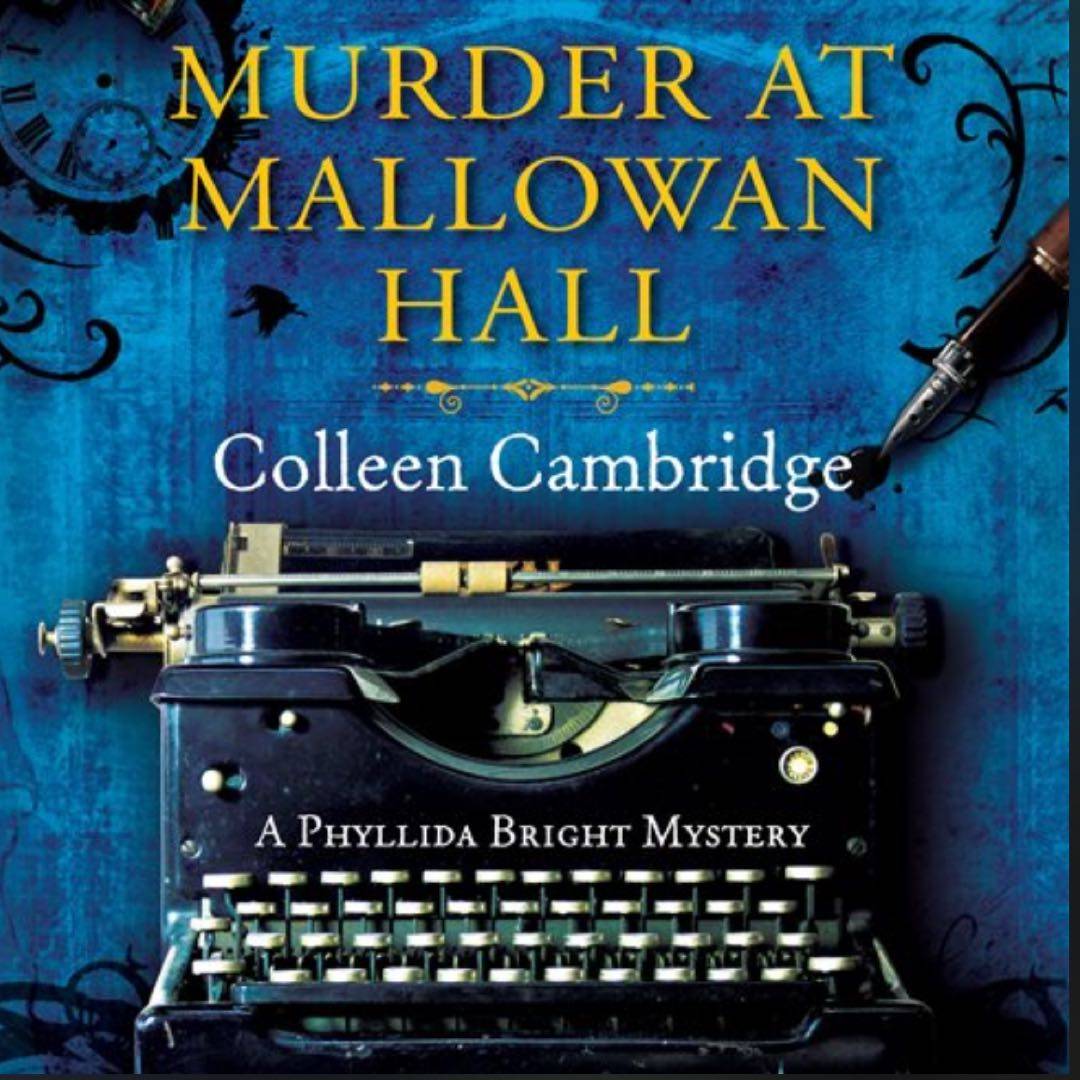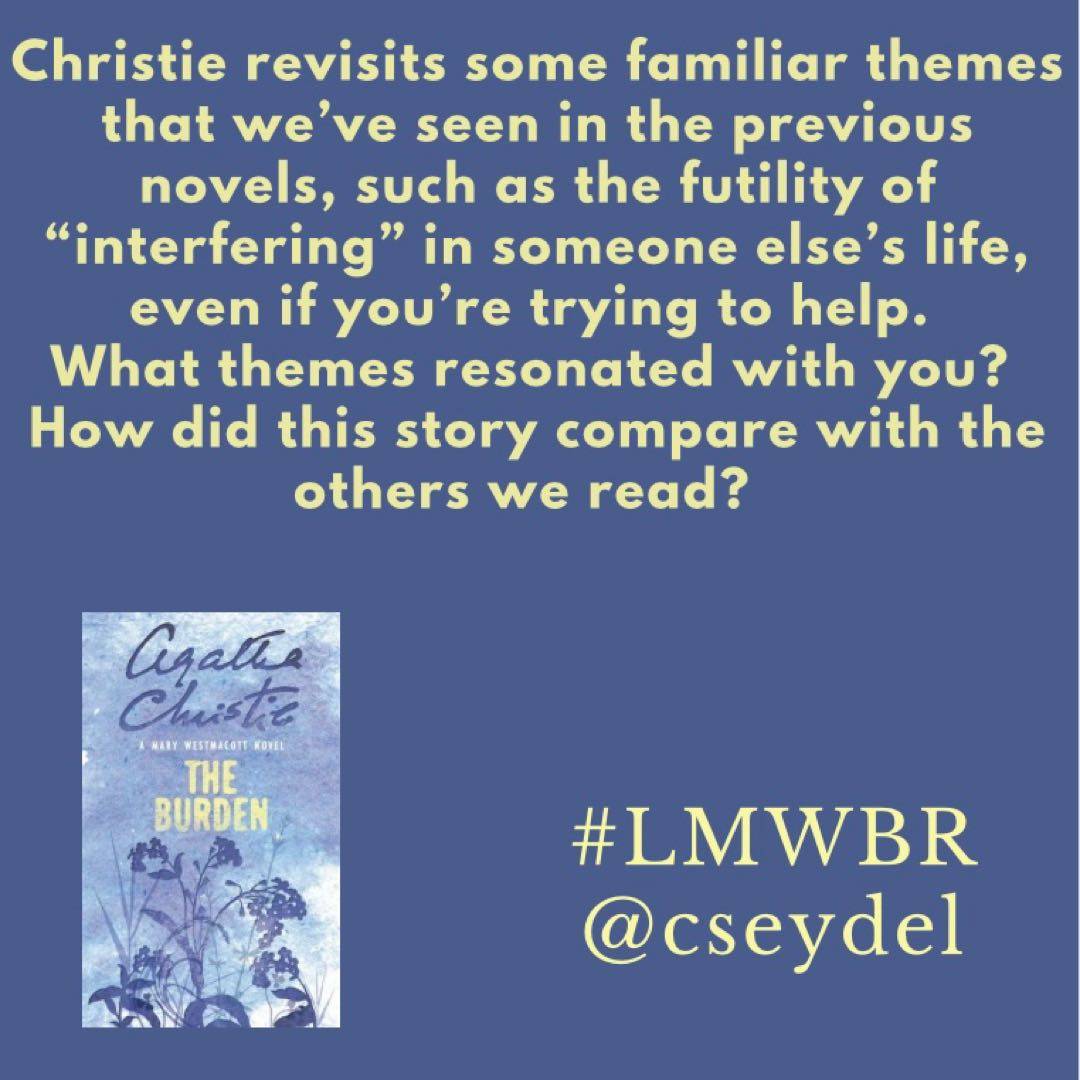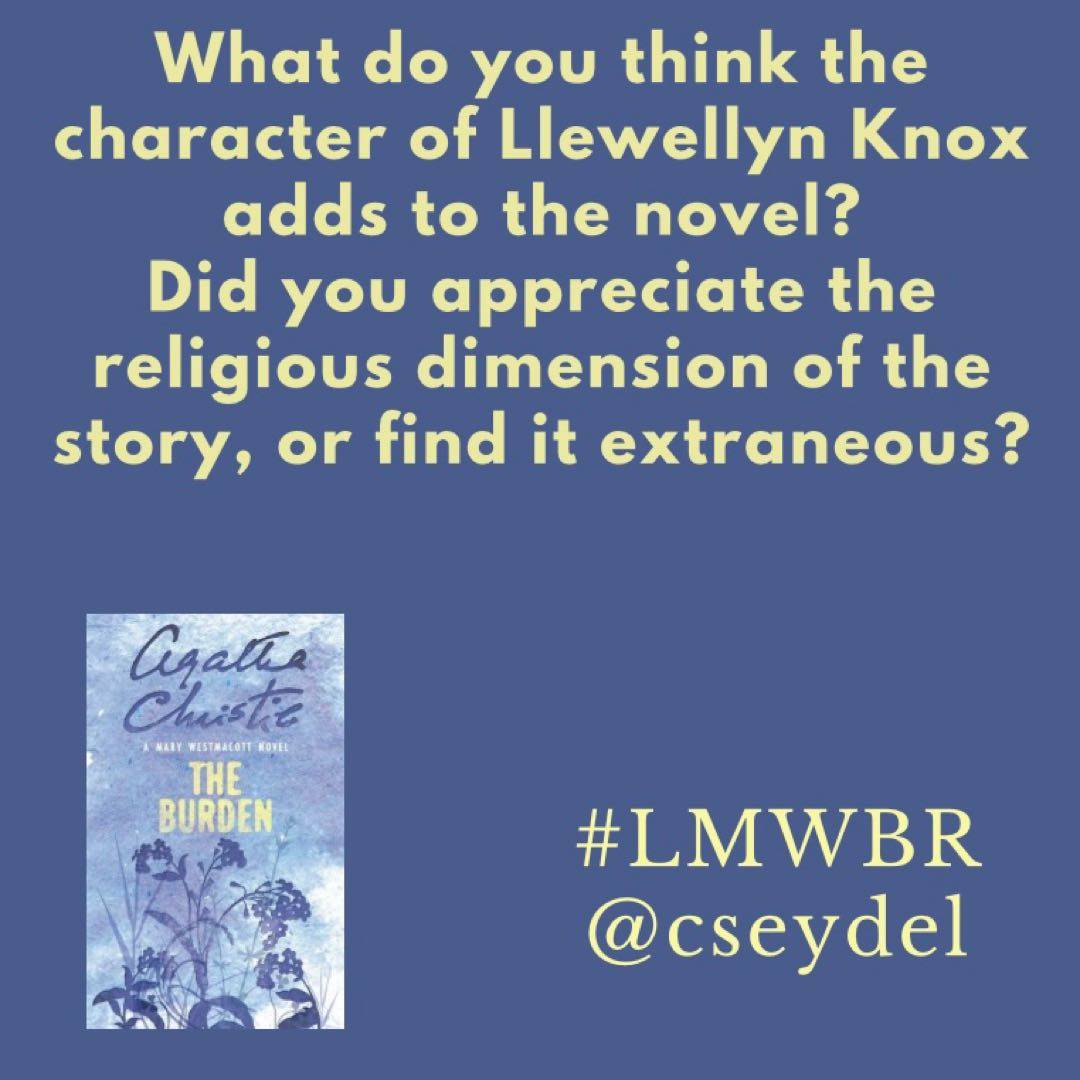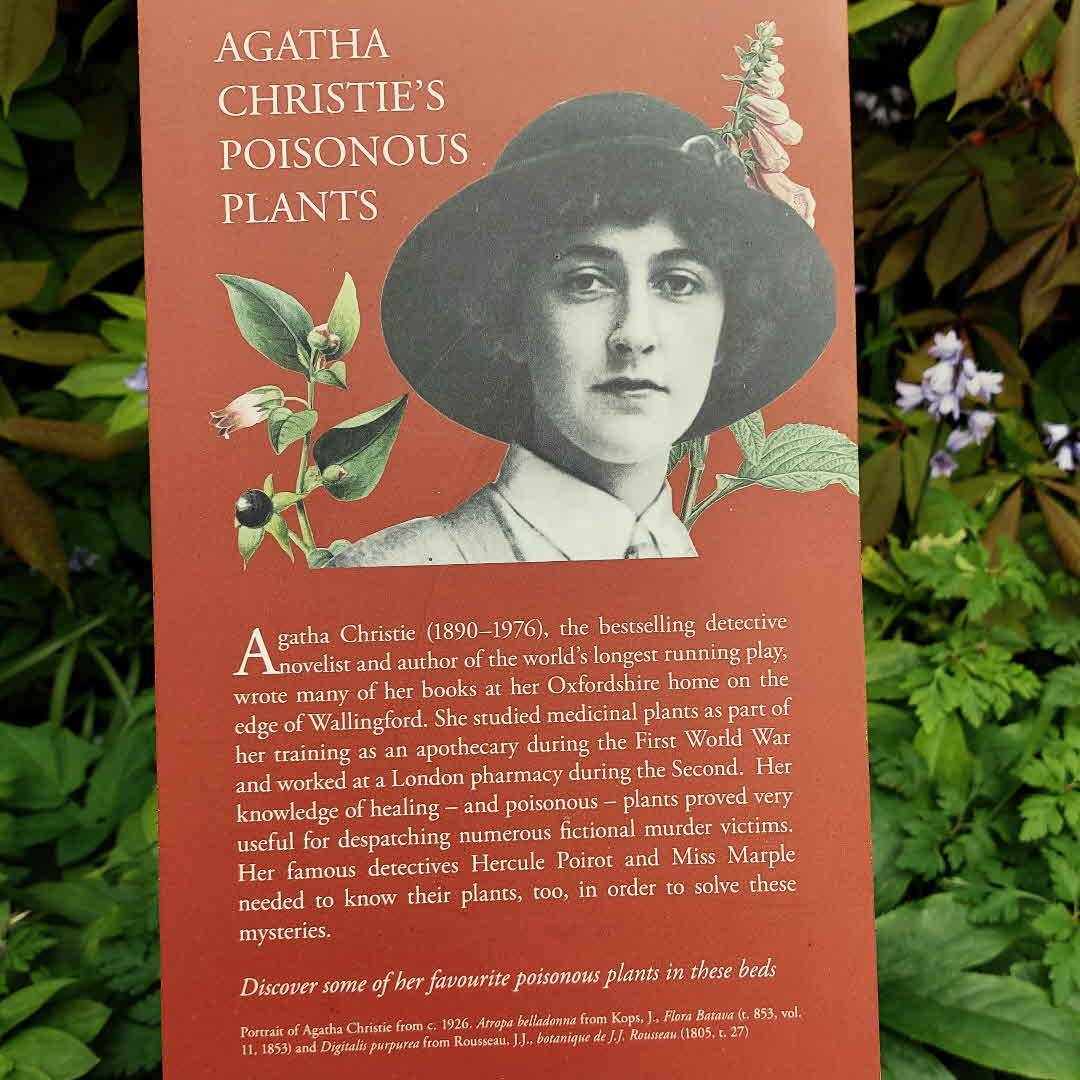
I‘m finally catching up my last few reviews from February. This was the last book I read for the #MaryWestmacottBuddyRead, and while it was worthwhile, I think it was the weakest of the bunch. The Westmacott novels have all been so rich in their character development and examination of human nature, but here, the plot she chose to explore these particular characters didn‘t seem to serve her purposes well. (Cont‘d) ⬇️







